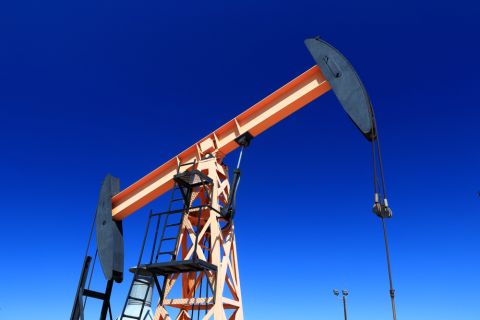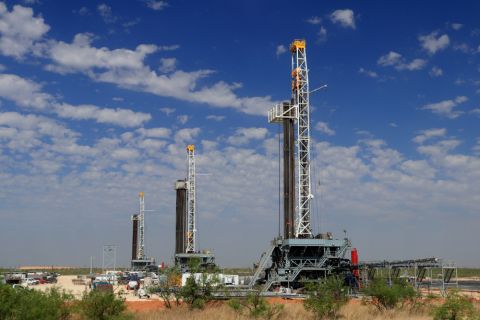At the opening of the 2nd International Gas Seminar of the Gas Exporting Countries Forum (GECF) on Nov. 27, held in Malabo Equatorial Guinea, global natural gas use was slated to double by 2050; replacing more traditional fossil fuels and facilitating an energy transition towards sustainable development.
According to the GECF’s Global Gas Outlook Model, natural gas will be the only hydrocarbon source to increase its share in the global energy mix, remaining the fastest-growing fossil fuel. GECF member countries currently represent 71% of natural gas reserves, 44% of marketed gas production, 55% of pipeline gas trade and 53% of LNG trade globally.
“Our main message is that natural gas is the destination fuel and will play a central role in energy transitions. We continue and will continue to defend the position of the Forum on benchmark prices, stressing that oil indexation is still the optimum choice for buyers and sellers of gas,” H.E. Yury Sentyurin, Secretary General of the GECF, said during the Seminar.
The African continent is set to increase its presence in the global energy sphere, more than doubling its natural gas production by 2040 and altering the global energy supply mix in the process. Africa will contribute as much as 9.2% to global natural gas production by 2040, resulting in an expansion from 255 Bcm to more than 505 Bcm and corresponding to a compound average annual growth rate of 3.4%.
“Natural gas will continue to be in demand and will help us meet the objectives of sustainable development and the energy transition for our country, for Africa and for the world,” noted H.E. Gabriel Mbaga Obiang Lima, Minister of Mines and Hydrocarbons of Equatorial Guinea. “We are working on the gradual implementation and exploration of various gas fields. All of the work that we are doing is in line with the policies that the international community is asking us to have for fossil fuels. We want to protect the environment and provide for the needs of remote communities in rural Africa.”
The seminar aimed to facilitate knowledge transfer, foster regional cooperation and create a dialogue on global gas matters among the world’s leading gas producers.
Recommended Reading
For Sale, Again: Oily Northern Midland’s HighPeak Energy
2024-03-08 - The E&P is looking to hitch a ride on heated, renewed Permian Basin M&A.
Chevron Hunts Upside for Oil Recovery, D&C Savings with Permian Pilots
2024-02-06 - New techniques and technologies being piloted by Chevron in the Permian Basin are improving drilling and completed cycle times. Executives at the California-based major hope to eventually improve overall resource recovery from its shale portfolio.
To Dawson: EOG, SM Energy, More Aim to Push Midland Heat Map North
2024-02-22 - SM Energy joined Birch Operations, EOG Resources and Callon Petroleum in applying the newest D&C intel to areas north of Midland and Martin counties.
CEO: Continental Adds Midland Basin Acreage, Explores Woodford, Barnett
2024-04-11 - Continental Resources is adding leases in Midland and Ector counties, Texas, as the private E&P hunts for drilling locations to explore. Continental is also testing deeper Barnett and Woodford intervals across its Permian footprint, CEO Doug Lawler said in an exclusive interview.
TPH: Lower 48 to Shed Rigs Through 3Q Before Gas Plays Rebound
2024-03-13 - TPH&Co. analysis shows the Permian Basin will lose rigs near term, but as activity in gassy plays ticks up later this year, the Permian may be headed towards muted activity into 2025.





